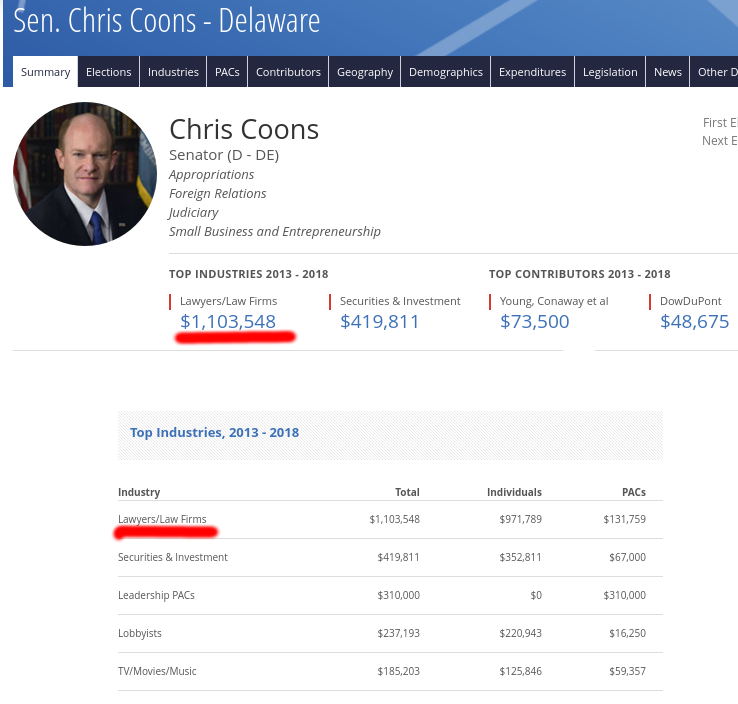

ONE year ago (later December if not January of this year) we quit covering pertinent patent cases that involve 35 U.S.C. ۤ 101 or software patents, relegating stories of relevance to Daily Links. The explanation we repeatedly made at the time was that the U.S. Patent and Trademark Office (USPTO) had virtually exhausted means of ignoring caselaw -- SCOTUS and Federal Circuit (CAFC) alike -- and Iancu's stunt in early January would do nothing to sway judges. Soon afterwards CAFC judges berated him for that stunt and since then we've seen software patents squashed time after time. We provided plenty of examples as part of Daily Links (we just didn't get around to commenting on each case). Iancu himself has kept a conspicuously low profile throughout this year, except around January. Did someone advise him to lower his head and decrease public participation?
"...Iancu's stunt in early January would do nothing to sway judges."At the European Patent Office (EPO) there are ambitions -- expressed explicitly in position papers of António Campinos -- to spread European practices to the US, including software patents (with that "technical" nonsense, "as such..."). Battistelli started with the "4IR" nonsense (even paying European publishers to spread this buzzword) along with "hey hi" (AI) and the US mimics some of these tricks to justify granting patents on algorithms. We haven't yet spotted legal tests to that effect -- not in sufficiently high courts anyway (influential precedents).
"They're funded by the litigation fanatics."So, in conclusion, the future does not look bright for software patents, not in courtrooms anyway. The British election dooms UPC more than ever before, so we cannot expect anything to change in the European court system (and caselaw). As for the US? Coons and his ilk have made no ground, just as we predicted at the very start. They try this every summer (since 2017). They're funded by the litigation fanatics. They stage 'debates'. ⬆